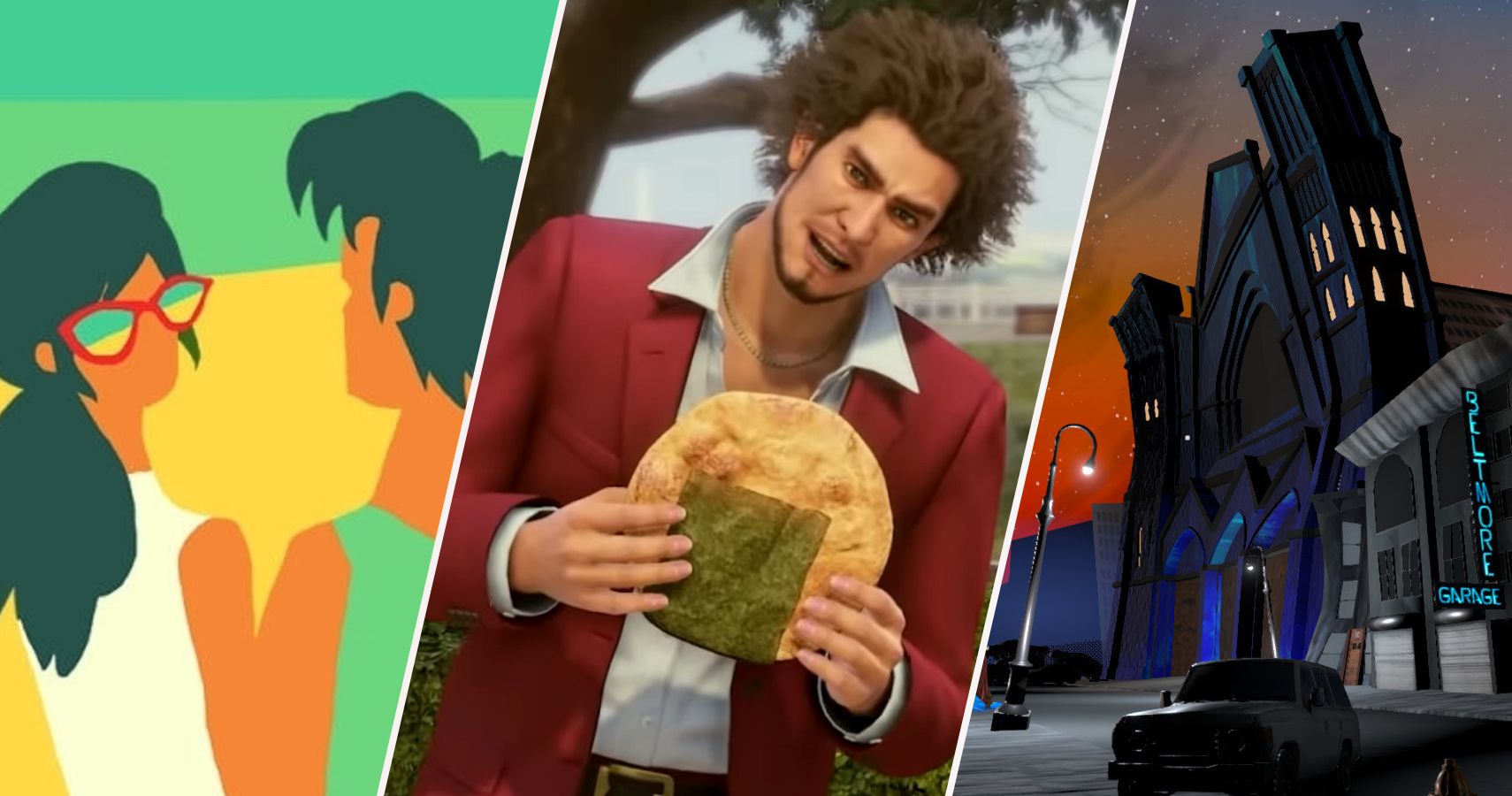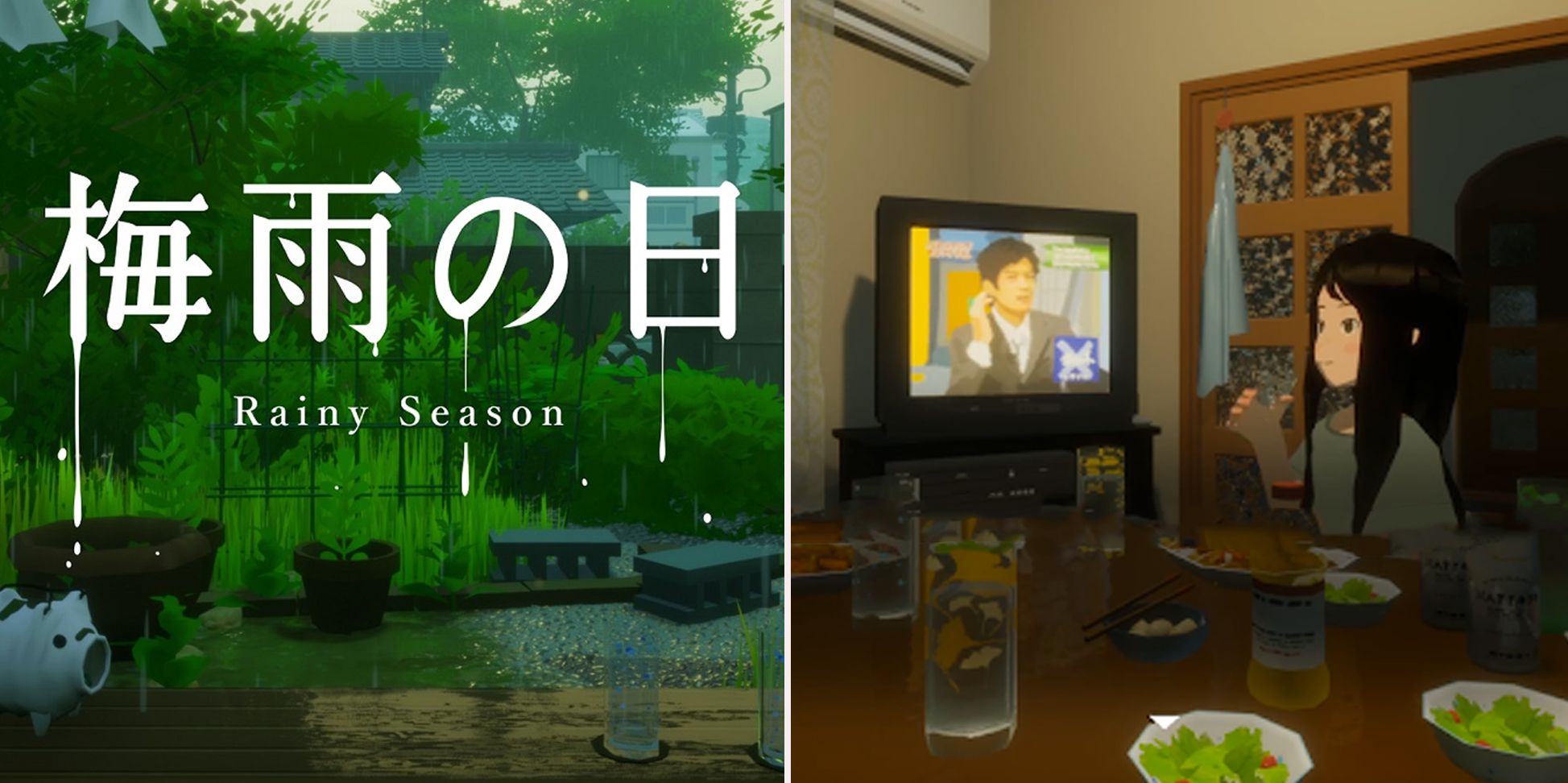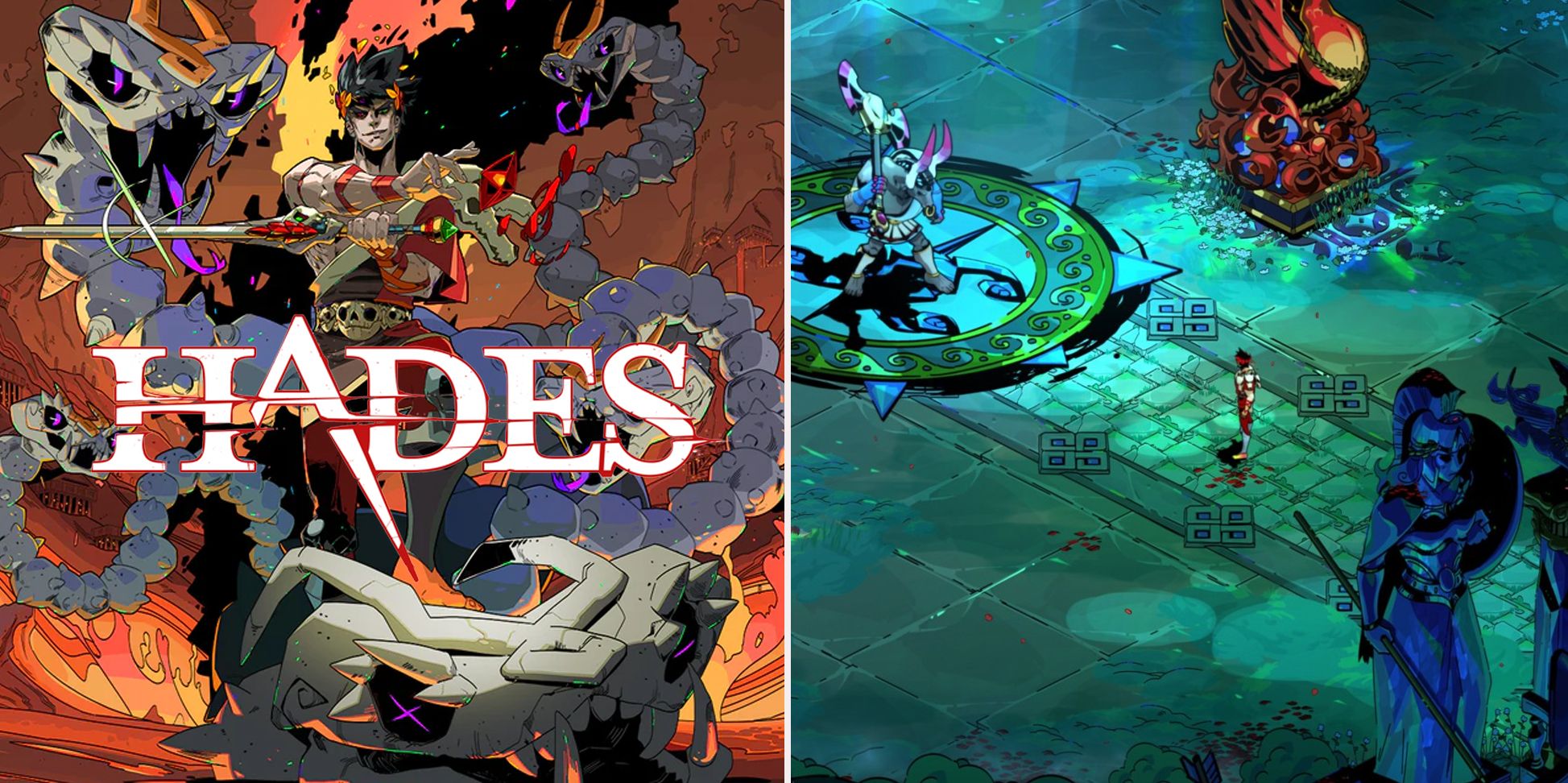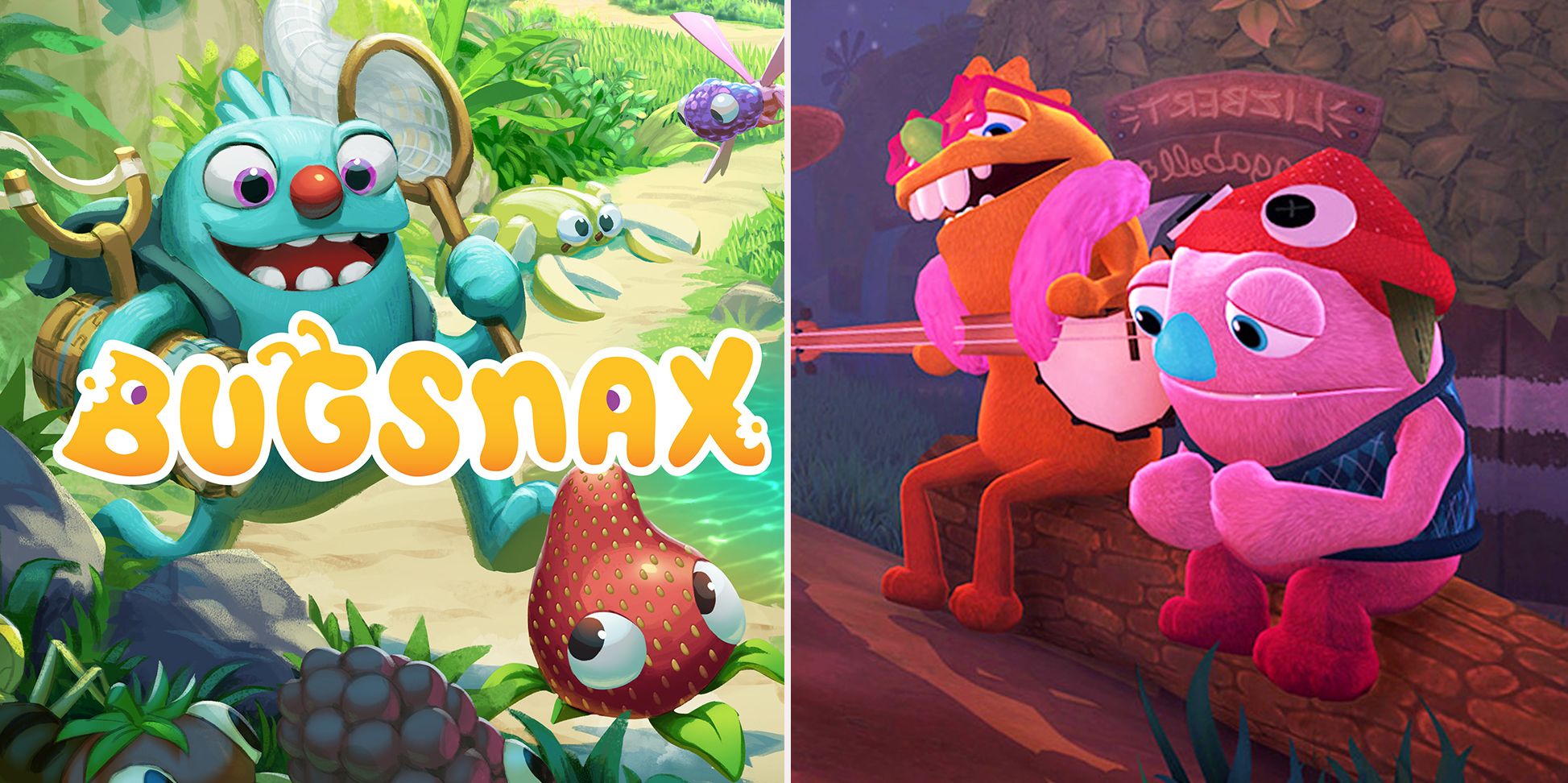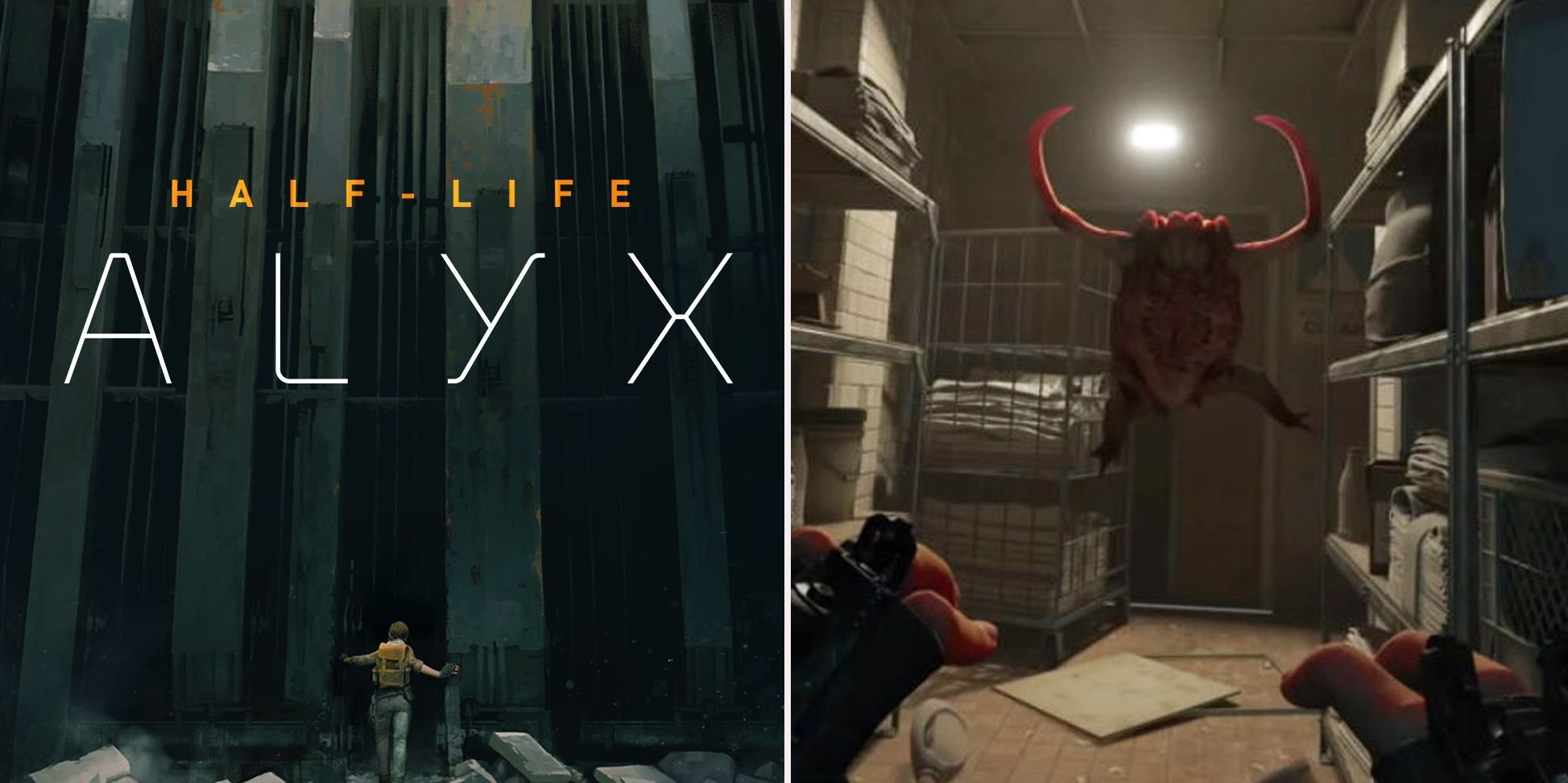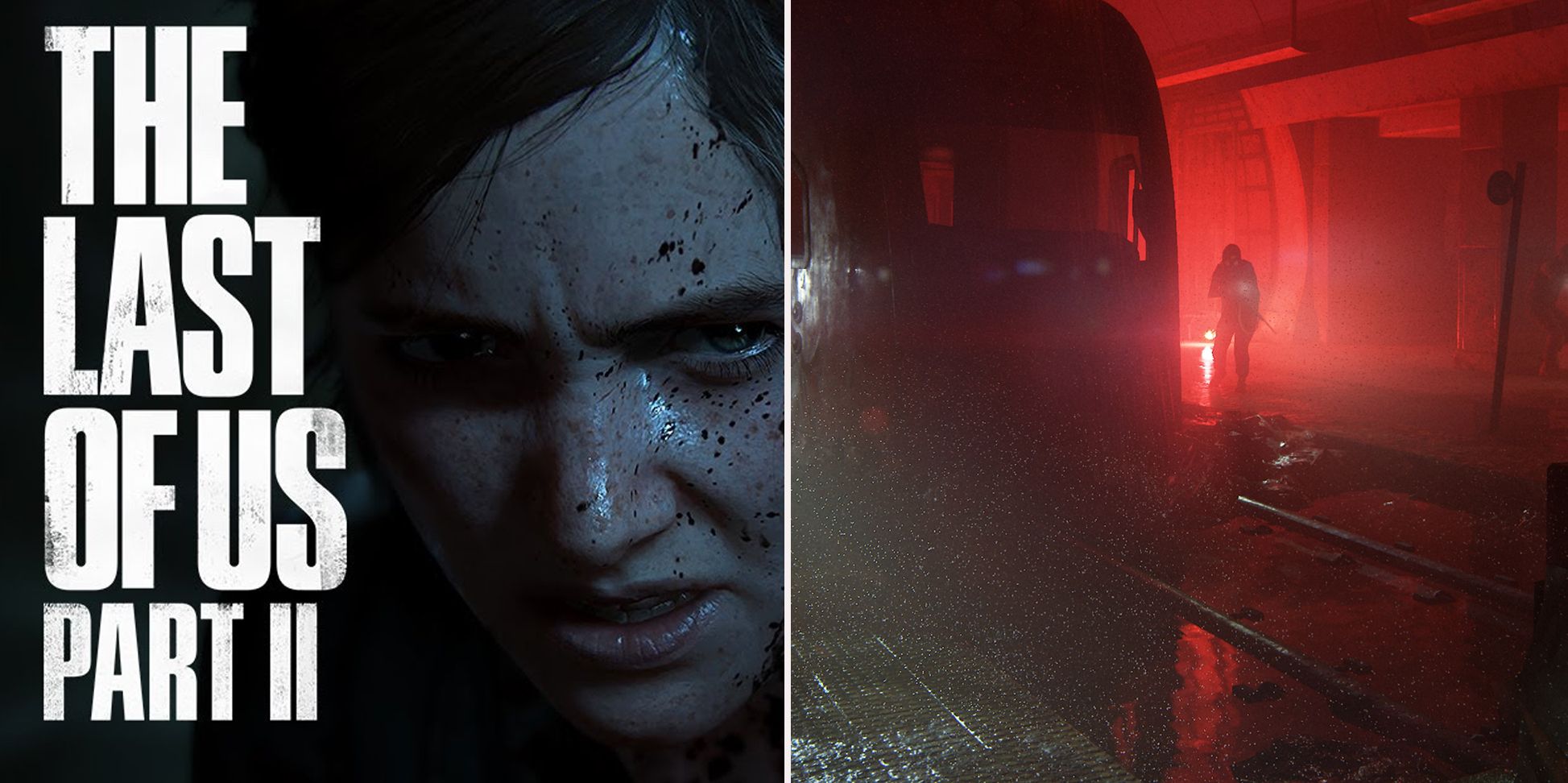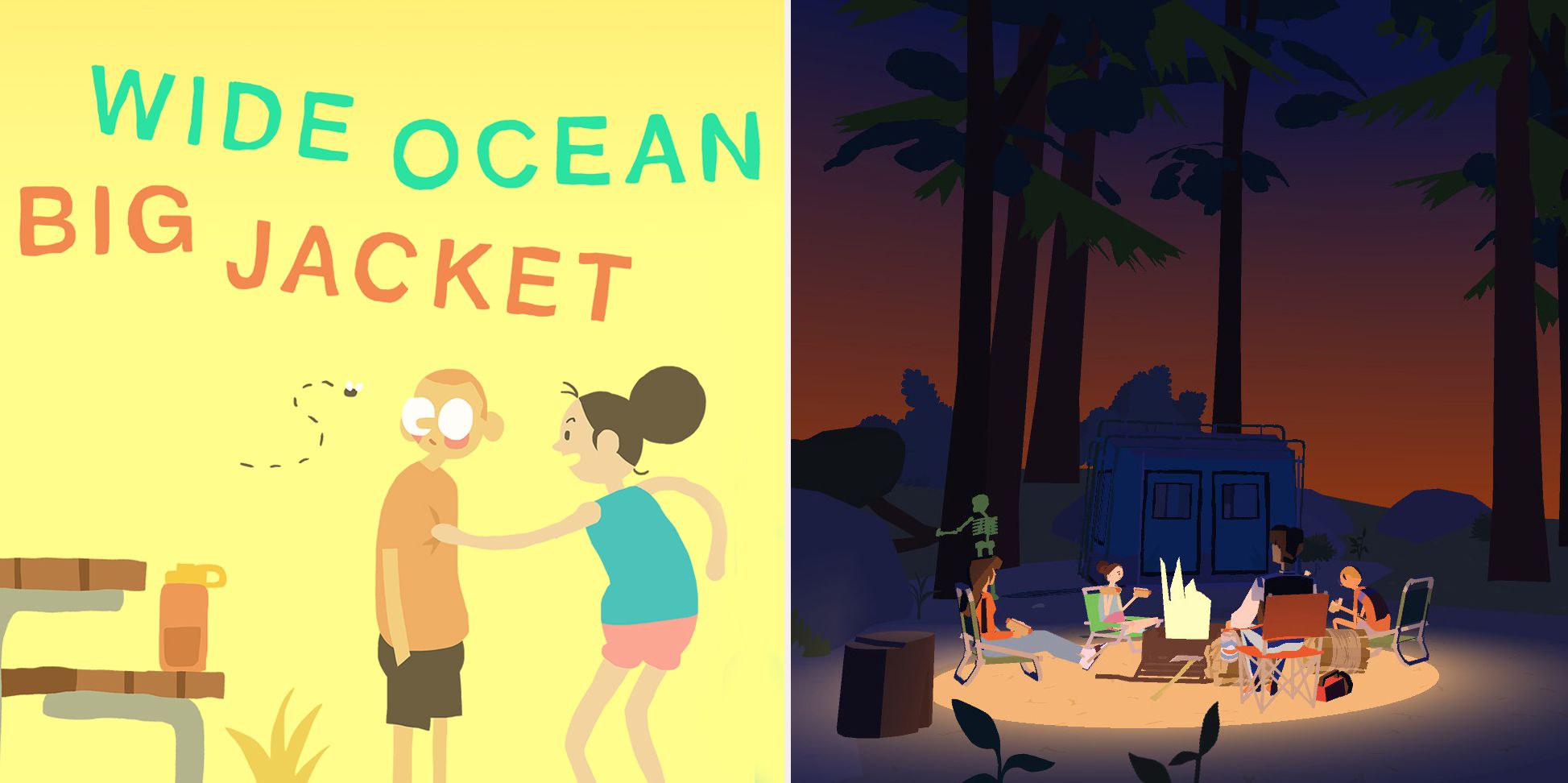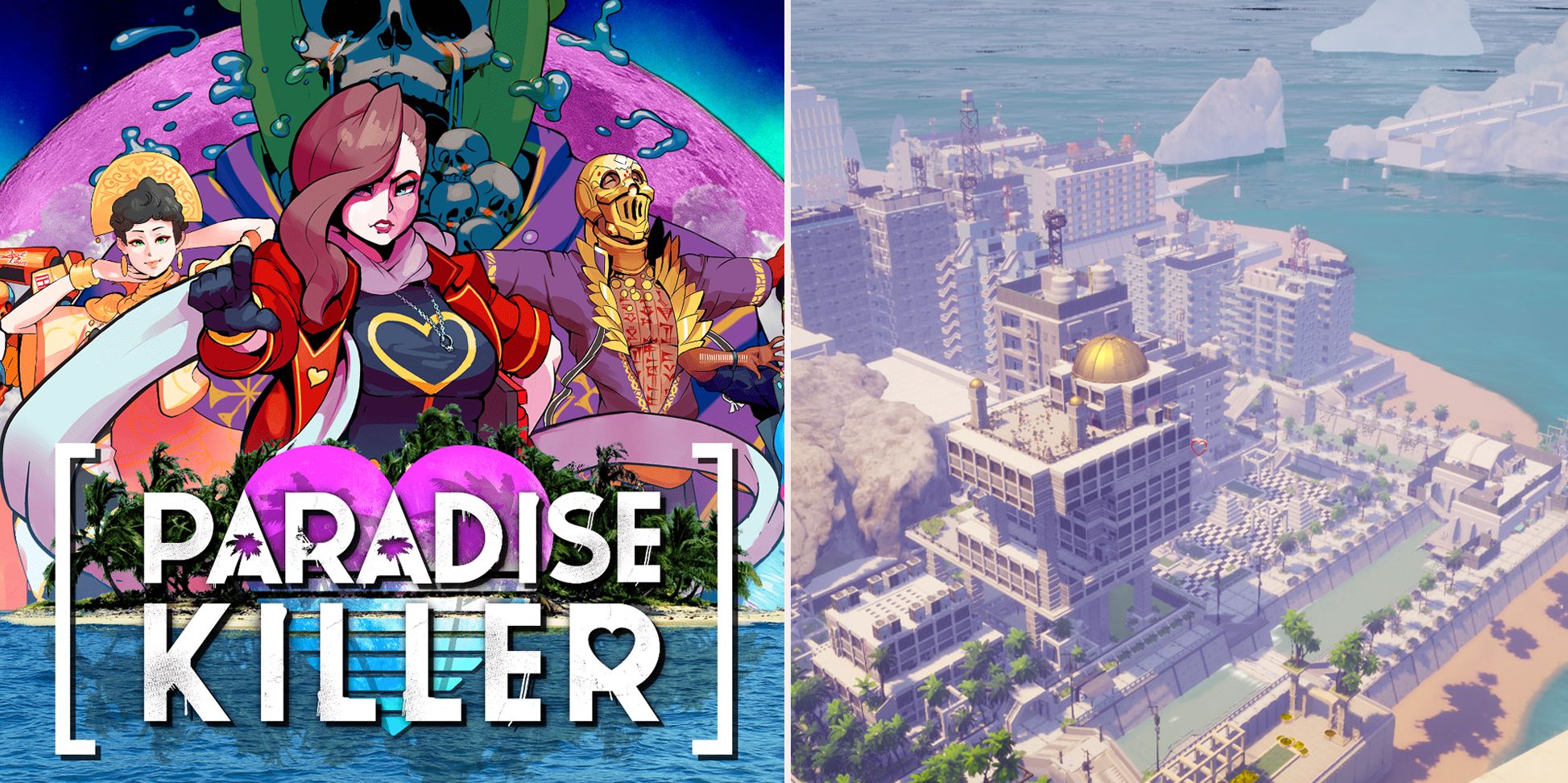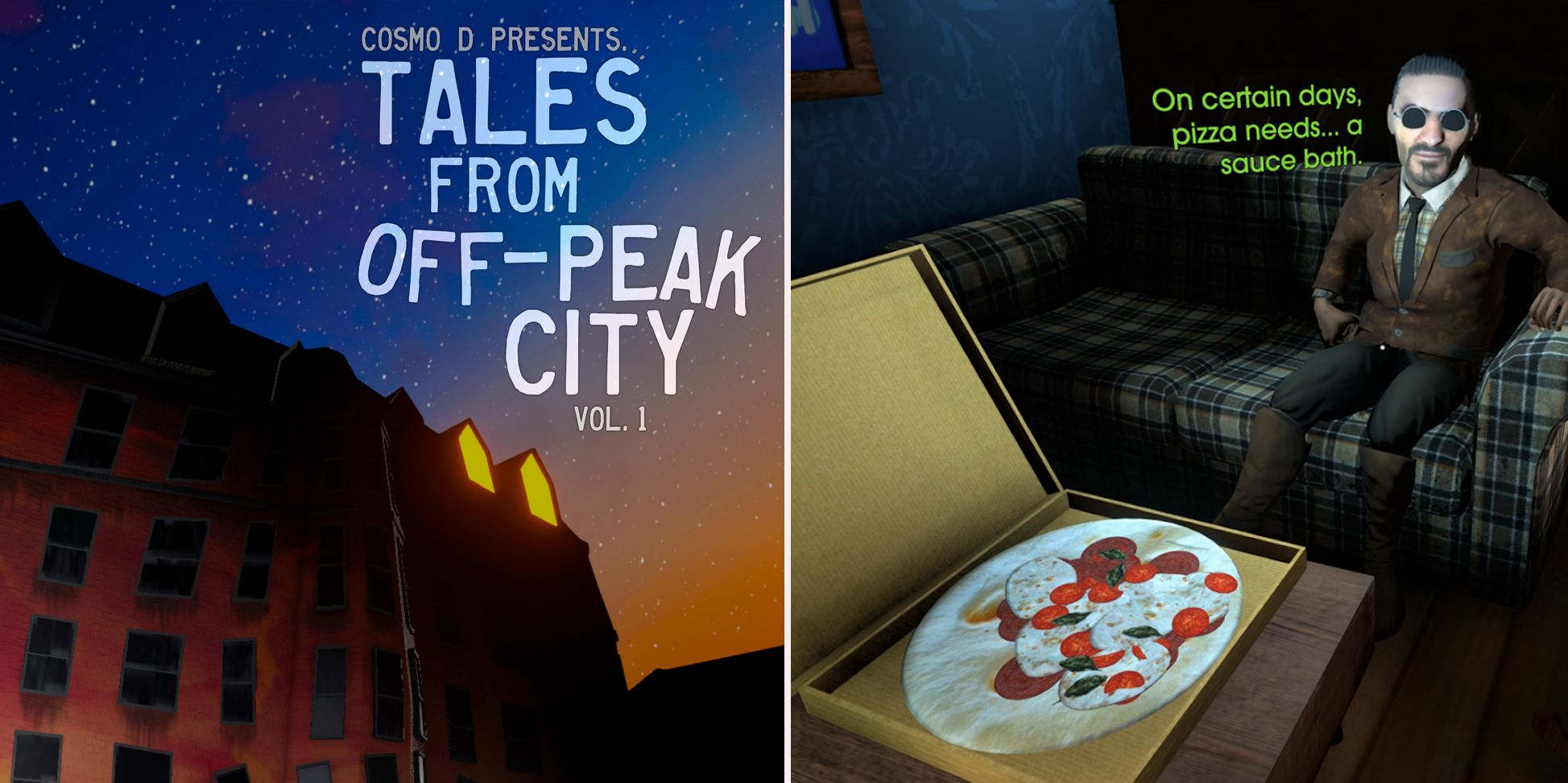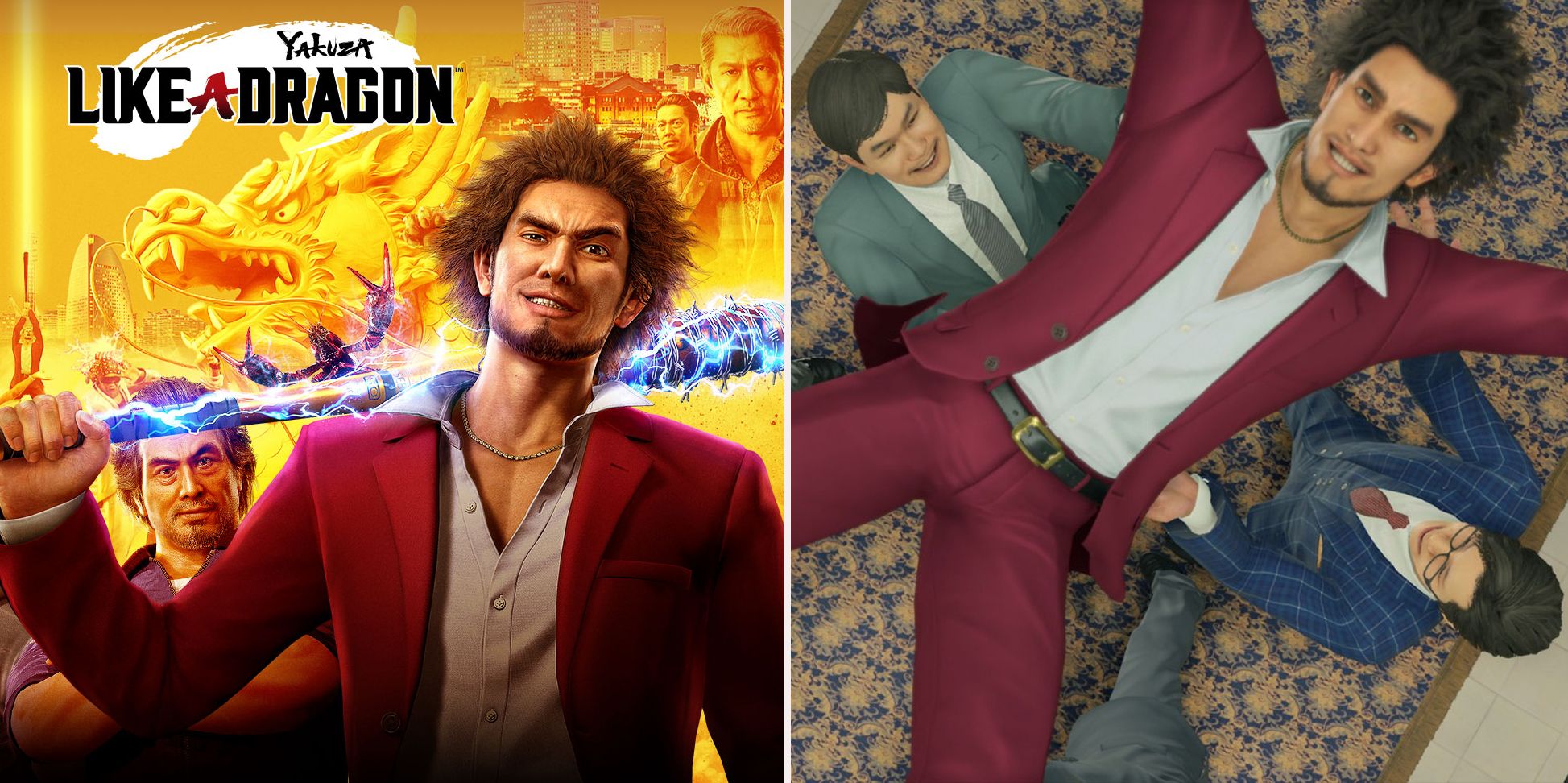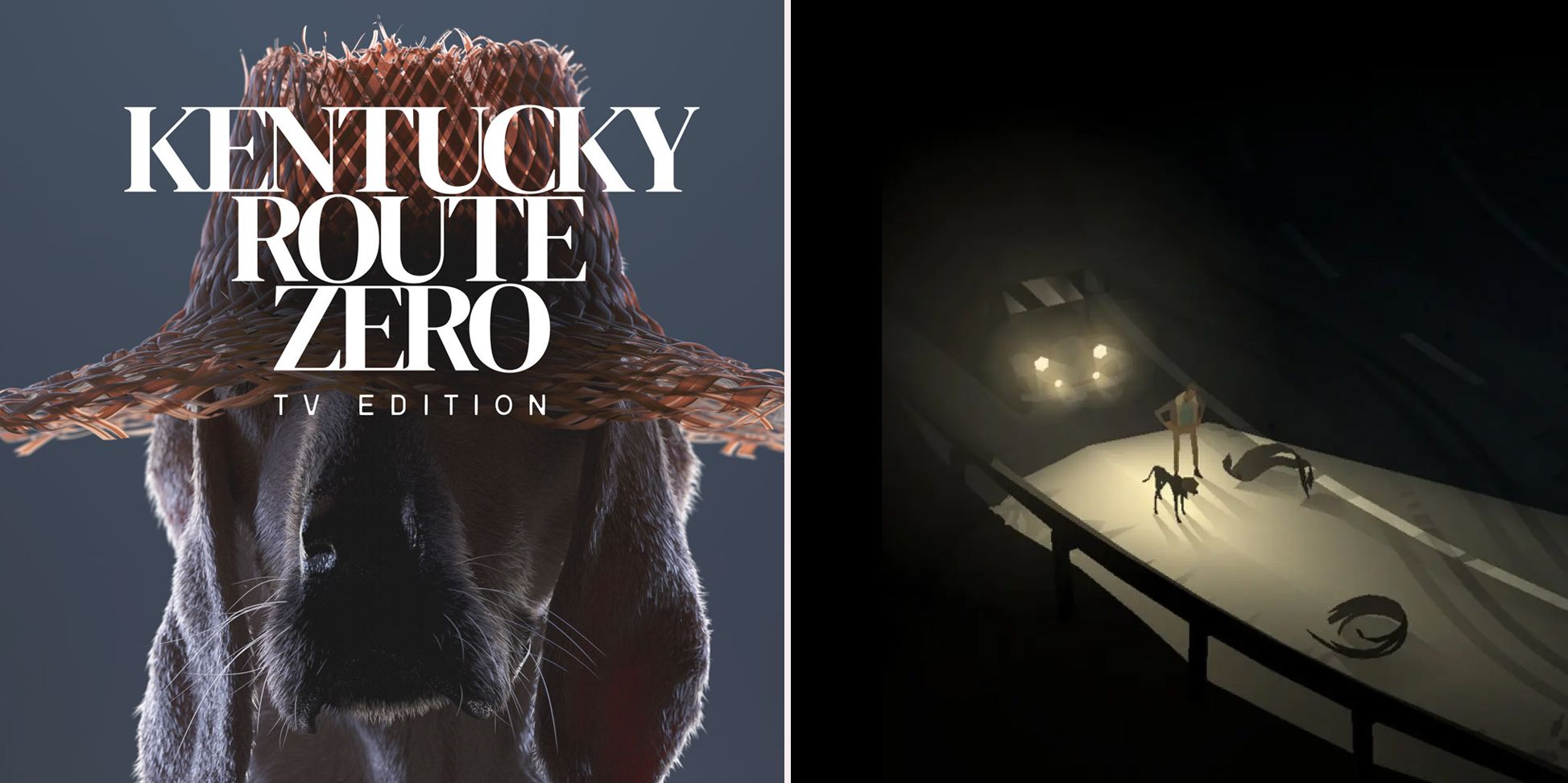In 2020, the best games of the year let small transitionary moments breathe. A lot of this was done by carefully removing some UI elements where it makes sense. Let's be real: you do not need to know your total number of hit points relative to your remaining hit points while you're flipping through diary entries in an abandoned building. For my money, games are often at their most interesting when they're tackling these liminal spaces, like walking from point A to point B, or exploring empty nooks and crannies. These are the things you can't communicate in books or movies without making, well, really boring books or movies. And 2020 was jam-packed with games that took time to highlight these quiet, very human moments.
The careful accents of game UI (or lack thereof) stood out to me in part large part because —like everyone else this year— I had a lot of extra time to dive into different hobbies (you know, the ones that don't fit into a life sandwiched between commutes). It started to change how I was thinking about game design language because it was constantly being juxtaposed against the entire bucket list of cinema I managed to churn through this year. And that was really exciting for me — I'm still excited. These games are all great!
10 Rainy Season
Rainy Season kicks off with you —a small Japanese boy— waking up to the realization that your trip to the amusement park has been *canceled* because of rain. The rest of the game has you exploring your grandmother's house while you try to kill time until tomorrow when the rain has (hopefully) stopped.
It takes a special kind of game to put "boredom" at the center of the experience without accidentally stepping into a big pile of pretentiousness. Rainy Season gleefully captures the feeling of being stuck away from your toys and comforts as a kid surrounded by adults who speak like Peanuts Parents. It admires kids for the ability to be bored, and I love it for understanding those magical empty days.
9 Hades
Hades is an aesthetic tour-de-force — but all Supergiant Games are. Despite it not being my favorite game by the studio (Transistor is still their most interesting title), Hades is made with so much confidence, it's hard to ignore it. The rogue-lite marriage of pseudo deckbuilding with more traditional character-action is a treat. Ultimately, however, it's the simple things that make it stand out: like how its character designs are carefully decorated with some of the items and tools you see out in the flow of gameplay. It gives the world a sense of place that too few games have the time to realize.
8 Bugsnax
Bugsnax is the secret Muppets game I never knew I needed. It's got that perfect blend of cynicism and unbridled joy. It's by no means profound, but it manages to get across it's "life is sticky" message without being hamfisted or on the nose. There's a real sense in just about everything Bugsnax does, that the people making it had a great time putting it together. I can't speak to the validity of that, but Bugsnax is a whole-heck-of-a-lot-more than a "meme" game. Crucially, you feel that Rainbow Connection I recognize from a certain gang of Canadian mop+puppet friends.
7 Half-Life: Alyx
Without spoiling anything, when Half-Life: Alyx asks you to rely on your own dexterity to problem solve, it easily delivers 2020's more riveting moments. Full stop. It crafts a few pretty specific high-stakes scenarios that feel do-or-die in a way very few games manage to (especially in the AAA scene). Yes, it is marred by some pretty antiquated mid-oughts video-game-ass-video-game design. But, in large part thanks to the scene-setting of VR, it's hard to argue with how memorable and altogether fun the game is at its peaks.
6 The Last of Us Part II
Months later, I'm still a bit thrown by both the fan and critical response to The Last of Us Part II ... because I found the sequel to 2013's much-lauded nihilism simulator utterly propulsive. I won't sit here and pretend it's some incredibly insightful commentary on video games or their audience. Still, it's a total pageturner that's supported by incredible performances from virtually the entire cast.
Beyond the plot and character, the level design in The Last of Us Part II has an unparalleled level of readability. Not once, in this uniform and often grey world, did I ever feel lost or turned around. This is a game where I performed Metal Gear Solid-esque stealth and recon all without a mini-map — it's mighty impressive.
5 Wide Ocean Big Jacket
Wide Ocean Big Jacket could get away with being a stage play. Its biggest strength is its core script, which does a good job addressing all the characters' motivations without compromising its ensemble nature. And it's hilarious.
The interactive visual elements (the game part), all work to support that dialogue. They give the world texture and melancholy without drawing your attention to it. The world can be serene and tranquil without the characters constantly addressing how calm and pretty things are. Effectively, the camera here sets the stage so that the writing doesn't need to waste time establishing every single thing that's going on. It makes the characters themselves feel believable and gives the humor space to breathe.
4 Paradise Killer
Rather than diving into all the merits of Paradise Killer I'm going to take a minute to try and word-vomit the genre and influences, because I think a lot of people who would love this game slept on it.
Paradise Killer is...
A horny first-person platformer detective adventure game that cribs from 80s TV vice noirs and anime. All of it. And the soundtrack is from an alternate reality where we skipped the Chip Tune revolution and dove headfirst in a Sonic the Hedgehog-inspired Synth Wave fugue state at the start of the Century. Y'all, go play Paradise Killer — it's got all the aesthetic.
3 Tales From Off-Peak City Vol.1
Like Paradise Killer, Tales From Off-Peak City oozes style from every inch of its two city blocks. Despite its size, the eclectic and oppressive world *feels* enormous because of its rich visual design and hysterical characterization.
Playing Tales From Off-Peak City isn't dissimilar from standing in an actual modern art museum trying to parcel out what the hell is going on. You don't always understand the cultural context of what you're looking at, but it's hard not to gawk at (and be impressed with) whatever it is you're seeing, all the same. Yes, there's clearly a socio-economic conversation unfolding here, but its creator has also chosen Jazz and Pizza to be the symbolic vehicle for that conversation. ART!
2 Yakuza: Like a Dragon
I'll be honest: I had given up on JRPGs.
This is a genre of game that used be about "characters" and "worlds," and somewhere along the way became synonymous with bloated systems and completing checklists. To make matters worse (for me, anyway), somewhere along the line, JRPGs started learning all the wrong lessons from Western game design, to the point where the remake of Final Fantasy VII has more in common a linear action game than, say, an Earthbound.
Who would have thought the way to put the fantasy back in the genre would be to have it star a 41-year-old ex-convict and his band of misfits in the real world. This ensemble cast, these fleshed-out and earnest characters had me harken back to the glory days of SNES and PS1 RPGs in a way no amount of pandering nostalgia ever could. Because today, as an adult, I want to be as good as Ichiban and his friends, in the way that, as a kid, I wanted to be as cool as Cloud Strife. How could you not fall in love with these heroes who fight for the oppressed and wear their heart on their sleeve?
Yakuza Like a Dragon is a front-to-back delight — I cannot recommend it enough.
1 Kentucky Route Zero
Kentucky Route Zero is terrifying. It breaks me.
There was no way of knowing that Kentucky Route Zero, a game about how the slow march of capitalism literally and morally bankrupts everything it touches, would release in 2020 — the year we all collectively lost our shared spaces. But here we are, still praying we'll all find our way back to a simple life joined by the people we love. It's been a hard year for us all.
When the first episode of Kentucky Route Zero released in 2013, I would have staunchly argued that the best writing in a game was Portal 2 (which is still a delightful romp today). But now, this many years later, the medium has grown to a point where no conversation about games can be so binary, so black and white. And yet, Kentucky Route Zero talks to its readers —and more importantly role-players— in a way that few (if any) games could even attempt. For my money, Kentucky Route Zero is nothing short of the best game ever written, today. And that "today" is an important caveat, because this medium will grow and grow, and another decade from now, I'm hoping to look back at Kentucky Route Zero as if it was quaint. As if somehow, its emotional complexities and nuance could be categorized as a "romp." Keep impressing me games — like you always do.

